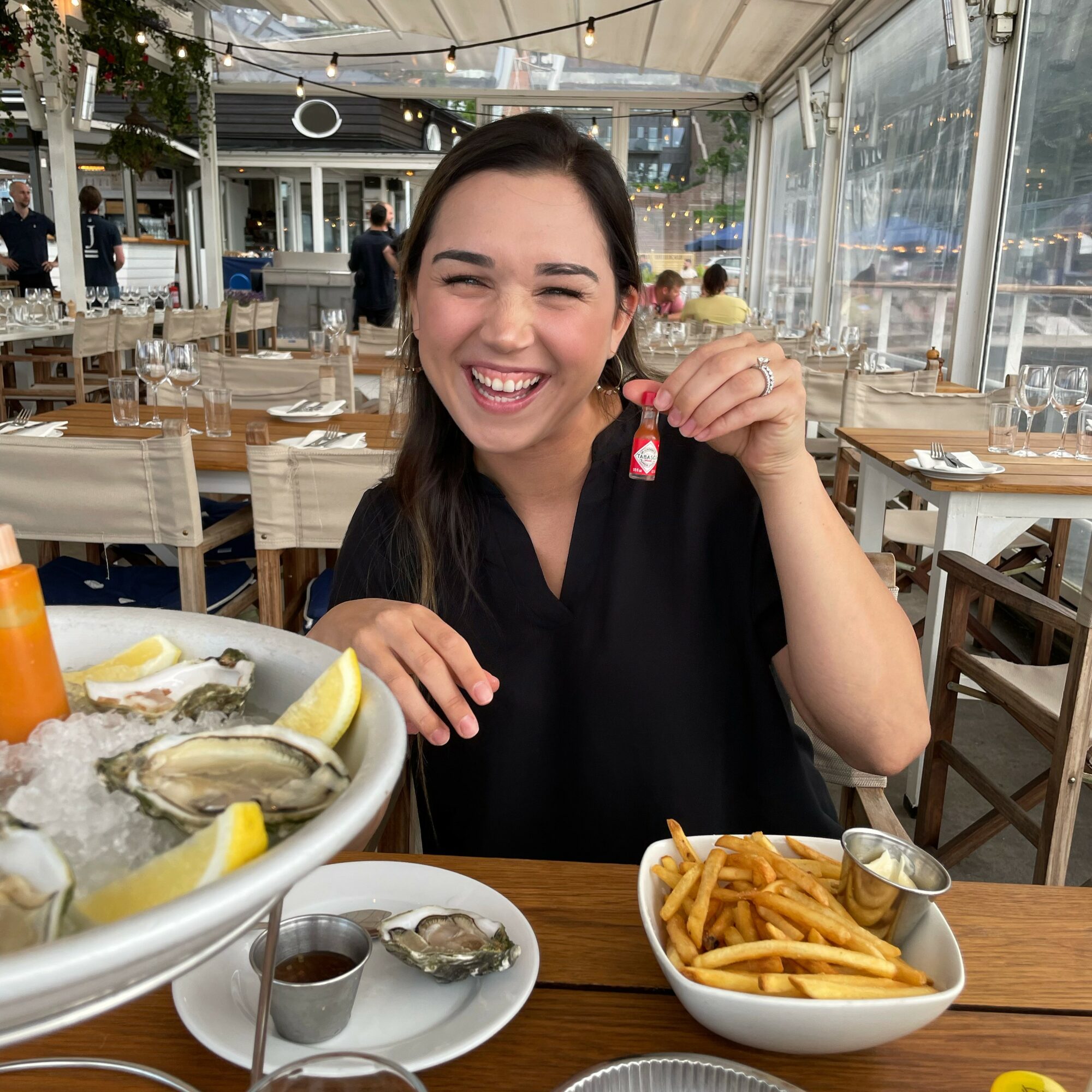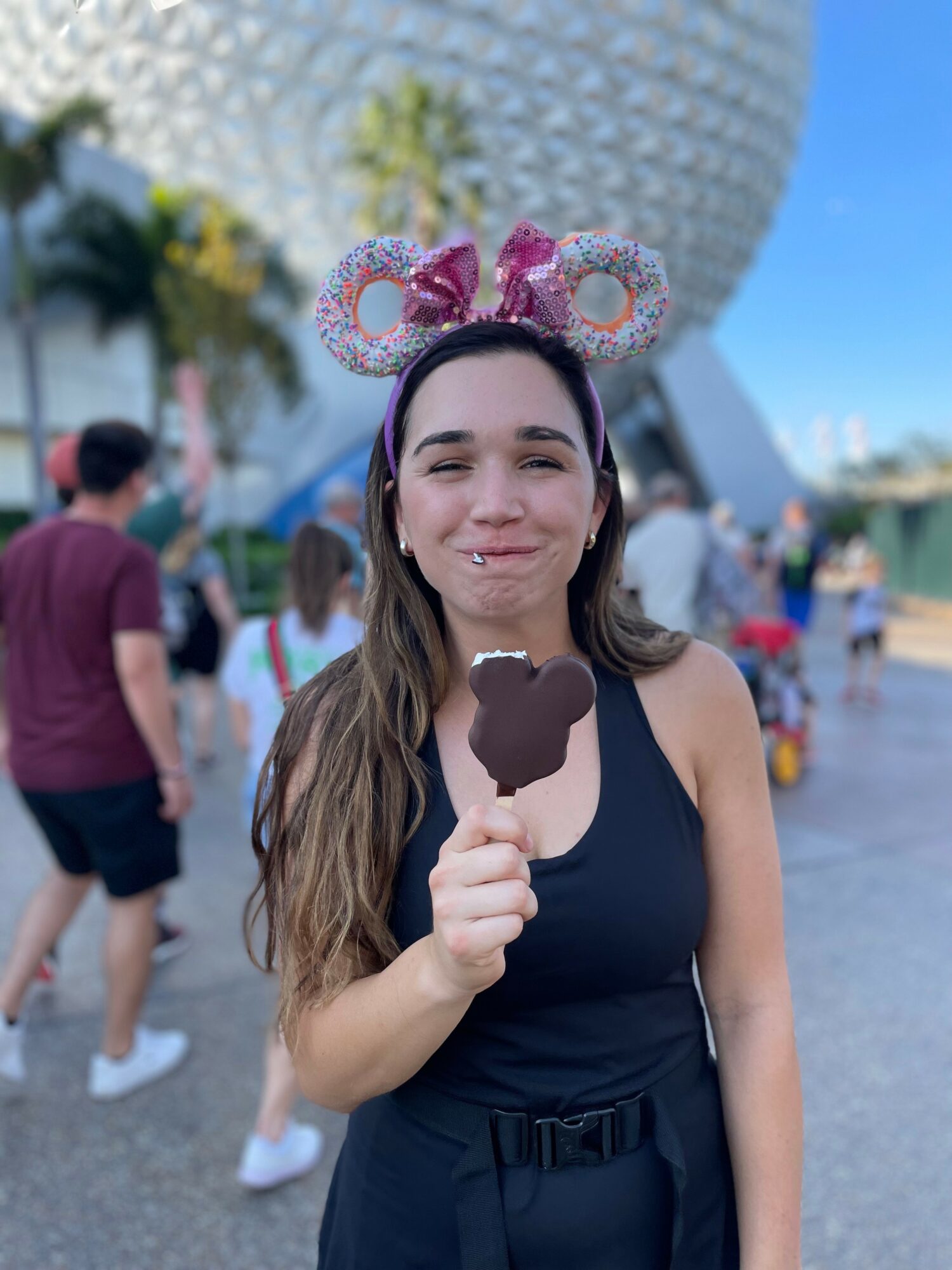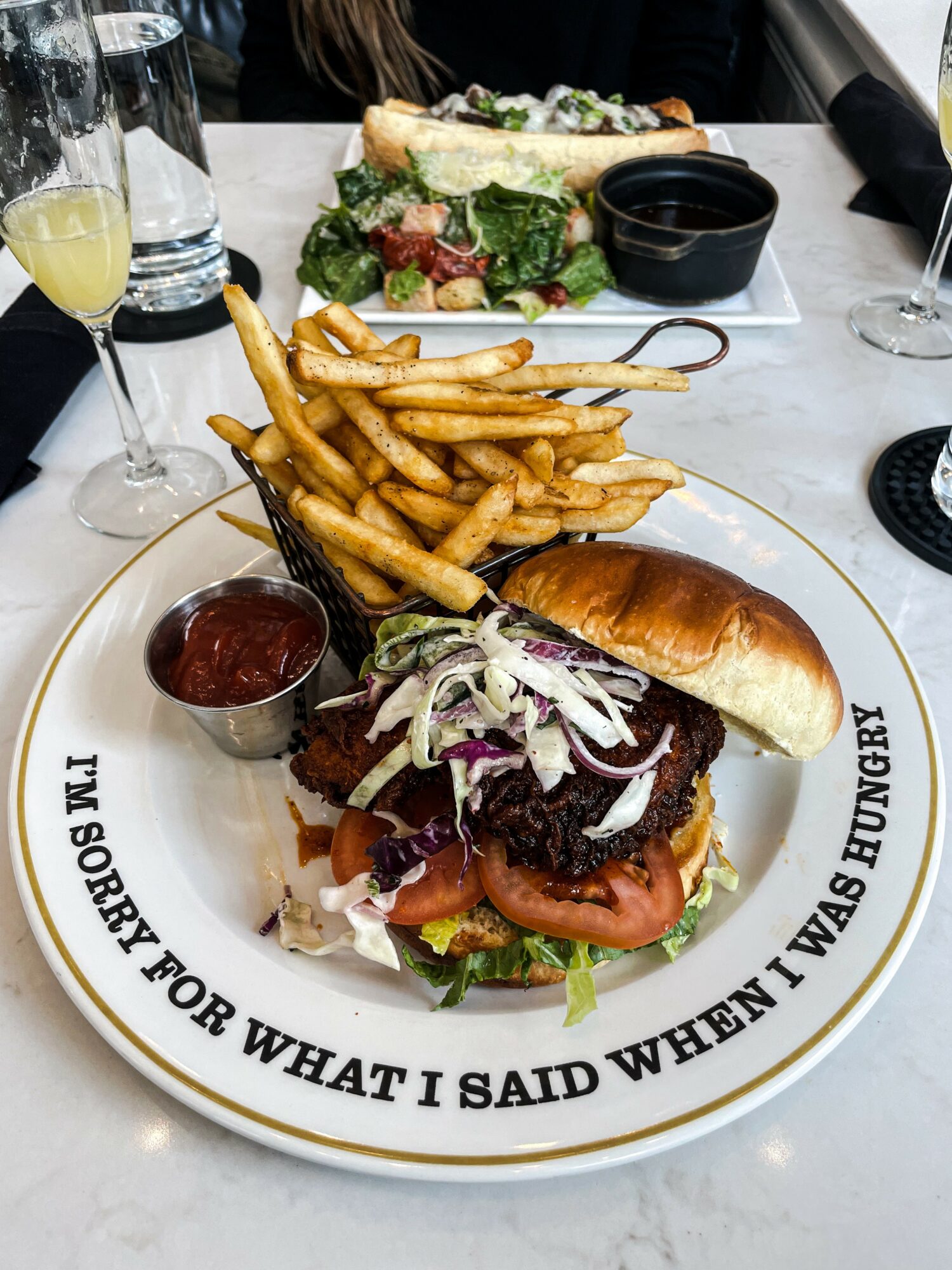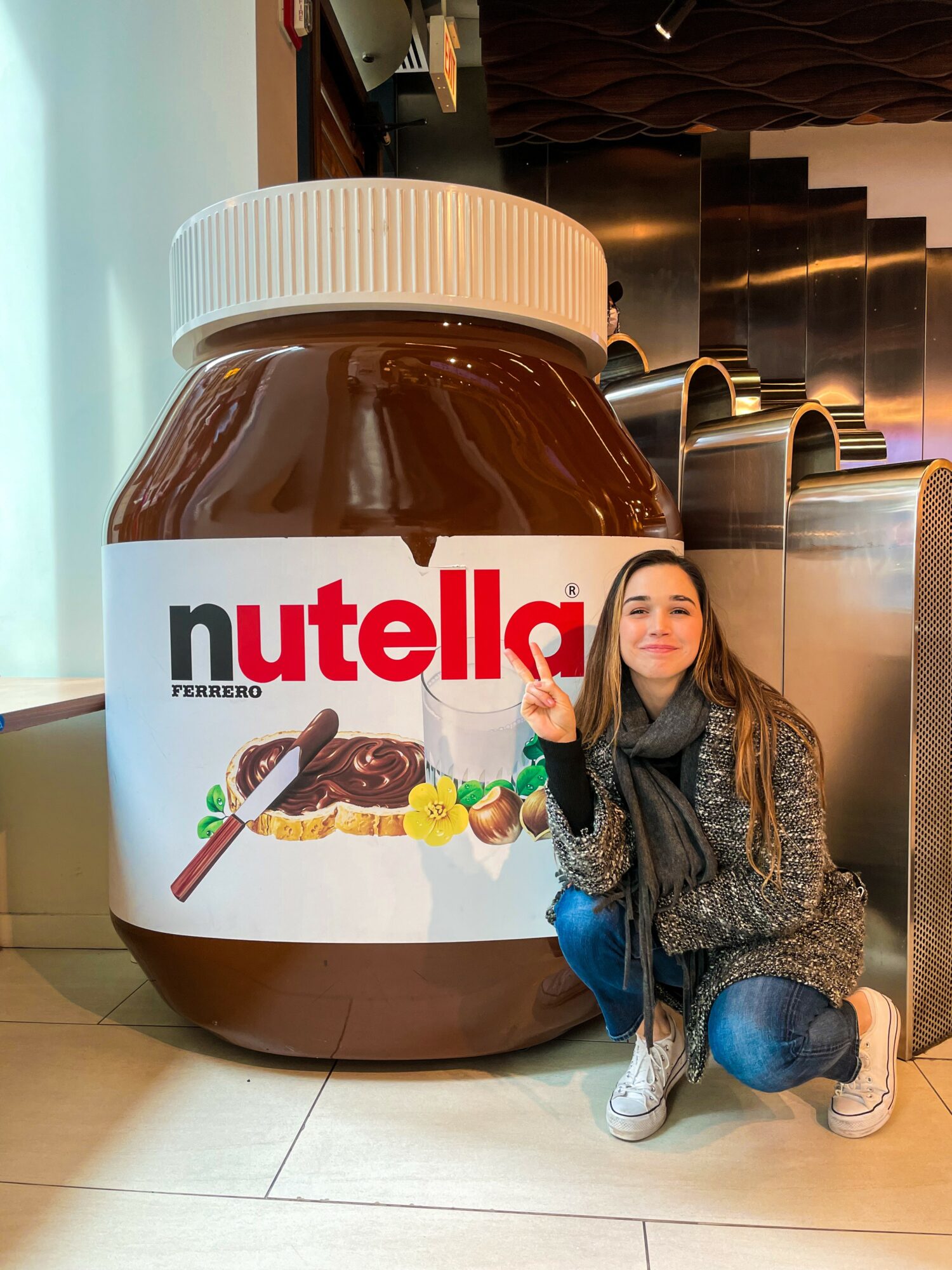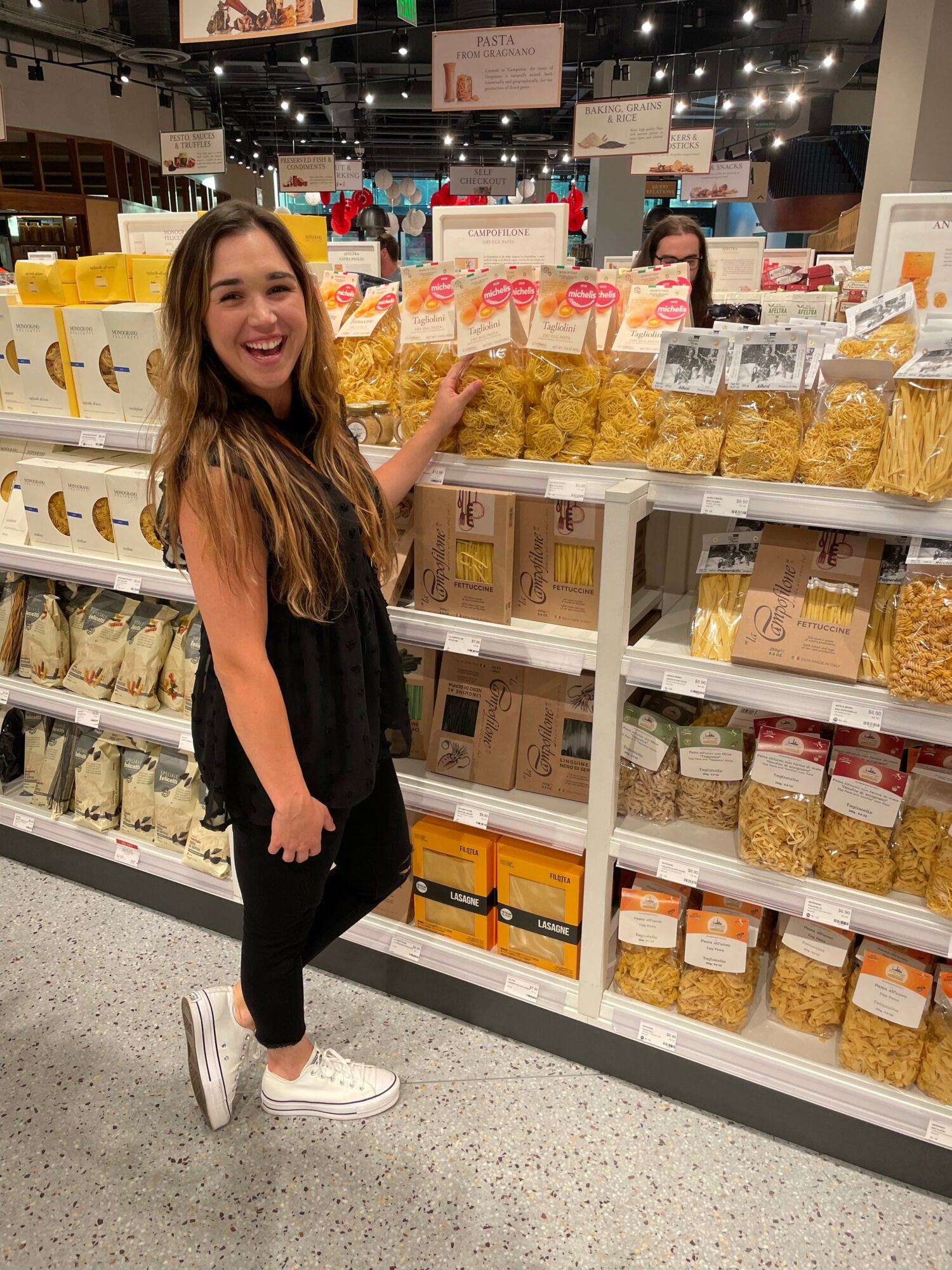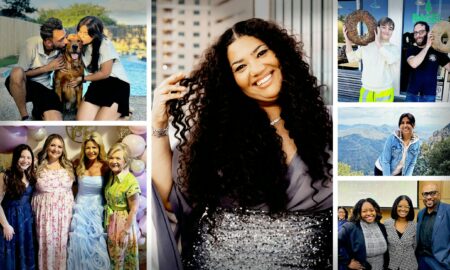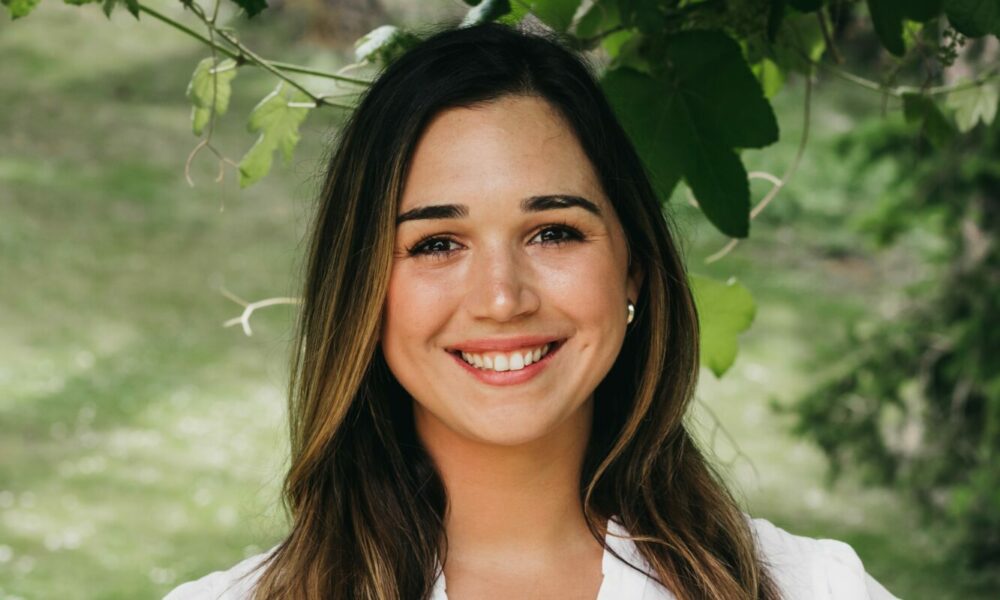

Today we’d like to introduce you to McKenzie Harris.
Hi McKenzie, can you start by introducing yourself? We’d love to learn more about how you got to where you are today.
Hi! My name is McKenzie Harris, pronouns she/her/hers, and I am a Registered Dietitian and Certified Eating Disorder Specialist based out of McKinney, TX.
I am proud to say that I am a born and raised Texan and have lived in Dallas, Texas my entire life. My life growing up was filled with a love for sports, laughter, and a caring family. In full transparency – my life has been nothing short of blessed. However, among my formative years was actually one of the darkest times in my life that ultimately sparked and fueled my passion for what I do today. Recovering from an eating disorder was the hardest thing I have ever done, but I wouldn’t change a thing about my past.
It all started in high school; I aspired to play collegiate soccer and became fascinated with food and its relationship with athletic performance. However, during a soccer game my junior year, I endured a severe concussion which left me bedridden for weeks. My dreams of playing soccer in college soon turned to dreams of merely graduating. I felt like I had lost control of my life, as I had gone from excelling athletically, academically, and socially to being barred from sports, performing poorly in school, and losing touch with my friends. I became obsessed with the one thing I felt I could control: what I ate and how my body looked. Through the combination of losing the things I held dear and the physical pains and acute cognitive concerns that stemmed from my concussion, I developed Anorexia Nervosa.
Eating disorders are difficult to understand and even harder to explain when you are in the throes of the disease. Looking back on my experience, I now know how alone and misunderstood people with these mental health diagnosis and disorders feel. I often explain it as an “outer body experience” – I would see myself responding and reacting a certain way to triggers but didn’t understand or want to have the reaction I was actively having. During my eating disorder, I saw a dietitian weekly, and let me tell you, I hated her. I didn’t think that she “even got what I was going through.” Now, you’re probably wondering, then why did you become one? I became a dietitian because I told myself during my eating disorder that I would recover so that I could make others feel more understood and less alone during that time in their life. Now there is a happy ending to that story – I actually rekindled my friendship with my dietitian after I recovered and became a dietitian myself. I realized I didn’t actually “hate” her; I just hated the boundaries she had set with my eating disorder. Moral of the story: healthy boundaries are hard to accept when you’re going through a difficult time. So, keep that in mind the next time someone sets uncomfortable boundaries with you that are for your well-being.
So, the rest is history! I became a dietitian. I graduated from Texas A&M University, where I earned my Bachelor of Science in Nutritional Sciences and Dietetics and went on to complete my clinical dietetic internship through their program. In my dietetic internship, I was blessed with the opportunity to intern with and learn from several world-class hospitals and other site partnerships. I poured my passion for working with the eating disorder population into each of my dietetic rotations. It was through my dietetic internship rotation with Center for Discovery that I was introduced and accepted into my first position in the eating disorder treatment community as a Registered Dietitian.
Since beginning my career, I have worked at various levels of care and have experience with clients ranging from adolescents to adults, including families, who want to improve their relationship with food and their bodies. I worked in an intensive treatment environment for about 4 years – through the entirety of the COVID pandemic… When working with patients with severe mental health concerns day after day, it’s easy to feel emotionally drained. So, I began my own private practice to have more autonomy over my schedule and my work with patients and their families. At the same time, I transitioned to a position as a Business Development Specialist at Connections Wellness Group to better understand how mental health facilities provide the highest quality services while continuing to fund efforts for changing the landscape of treatment as we know it.
This is where you will find me today. I currently work at Connections Wellness Group, as their Business Development Specialist for the MindFULL Eating Disorder Program, during the day and at my private practice, Nurtured Nutrition Therapy, after hours.
I have experienced a lot of privilege in my life. This narrative of my eating disorder recovery story is only representative of my experience – and everyone’s eating disorder and mental health is different. As a thin, white, heterosexual, cisgender female – I like to address my privilege and note that I do not experience the same oppression that others in marginalized communities do. However, I aim to create a safe place for people of any body shape, size, ethnic/racial identity, socioeconomic status, and sexual identity – and work to be an ally in raising their voices. A quote I often prescribe to is “A joyful heart is good medicine.” My mission as a dietitian is to infuse joy and empathy into my relationship with my peers and the work I do with my clients.
Can you tell our readers more about what you do and what you think sets you apart from others?
In the mental health field, therapists often have different therapeutic modalities that they utilize when working with their clients. Each modality better serves a corresponding mental health diagnosis or personality type. As a dietitian, without more specialized training, we often don’t utilize therapeutic modalities outside of basic motivational interviewing. As an eating disorder specialist with experience working closely with therapists at higher levels of care – I am intimately acquainted with most if not all, evidence-based therapeutic modalities used with patients in eating disorder treatment. Including, but not limited to: DBT, CBT, ERP, and FBT. I consider my dietary counseling style as “eclectic.” I draw from the powerful techniques and education that I was given from therapist peers.
My style of working with clients again draws from my personal recovery experience. My eating disorder was one of the most difficult times in my life, and it was also equally as emotionally taxing on my parents – in a different way. During my eating disorder, I remember vividly hearing them cry nightly when I would struggle with feeding myself adequately and independently. My parents received little education and support on how to best take care of their own emotions and how to support me emotionally. Their lack of education and support wasn’t the fault of any one person, but a general lack of mental health and eating disorder awareness.
This is what informs my work with clients. I am endlessly committed to evidence-based, ethical, and empathetic care with a focus on family or support person education and involvement.
I also often allude to my personal recovery experience as a supportive tool of “translating” a patient’s internal thoughts with external explanation and exploration. And I think my personal recovery story and extensive experience at higher levels of care make my style and treatment of clients unique.
Have you learned any interesting or important lessons due to the Covid-19 Crisis?
COVID-19 was challenging for everyone on so many levels. In my work, I often define health as more than just our physical health. Health to me includes the following facets: physical, social, spiritual, emotional, occupational, intellectual, environmental, and financial. All of these aspects of health were dramatically impacted during the pandemic, and we continue to see the effects to this day.
In my line of work, the biggest impact of the pandemic that I see was our society hyper-fixating on their physical health, food, and body image as a means of distracting from the stressors playing out around them. I often explain to my clients that eating disorders are coping skills, not good ones, but coping skills nonetheless. And so, with this, we saw a rise in mental health diagnosis and the utilization of various unhealthy coping skills, including dysfunctional eating and exercise habits.
With that being said if you or a loved one have noticed your relationship with food, body, or exercise has begun to negatively affect your daily living – please reach out to a therapist or an eating disorder dietitian for an assessment.
Contact Info:
- Website: https://www.nurturednutritiontherapy.com/
- Instagram: https://www.instagram.com/nurturednutritiontherapy/
- Facebook: https://www.facebook.com/nurturednutritiontherapy/
- Linkedin: www.linkedin.com/in/mckenzie-harris-rd-ld-cedrd
